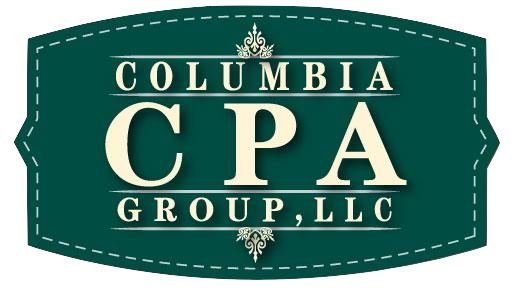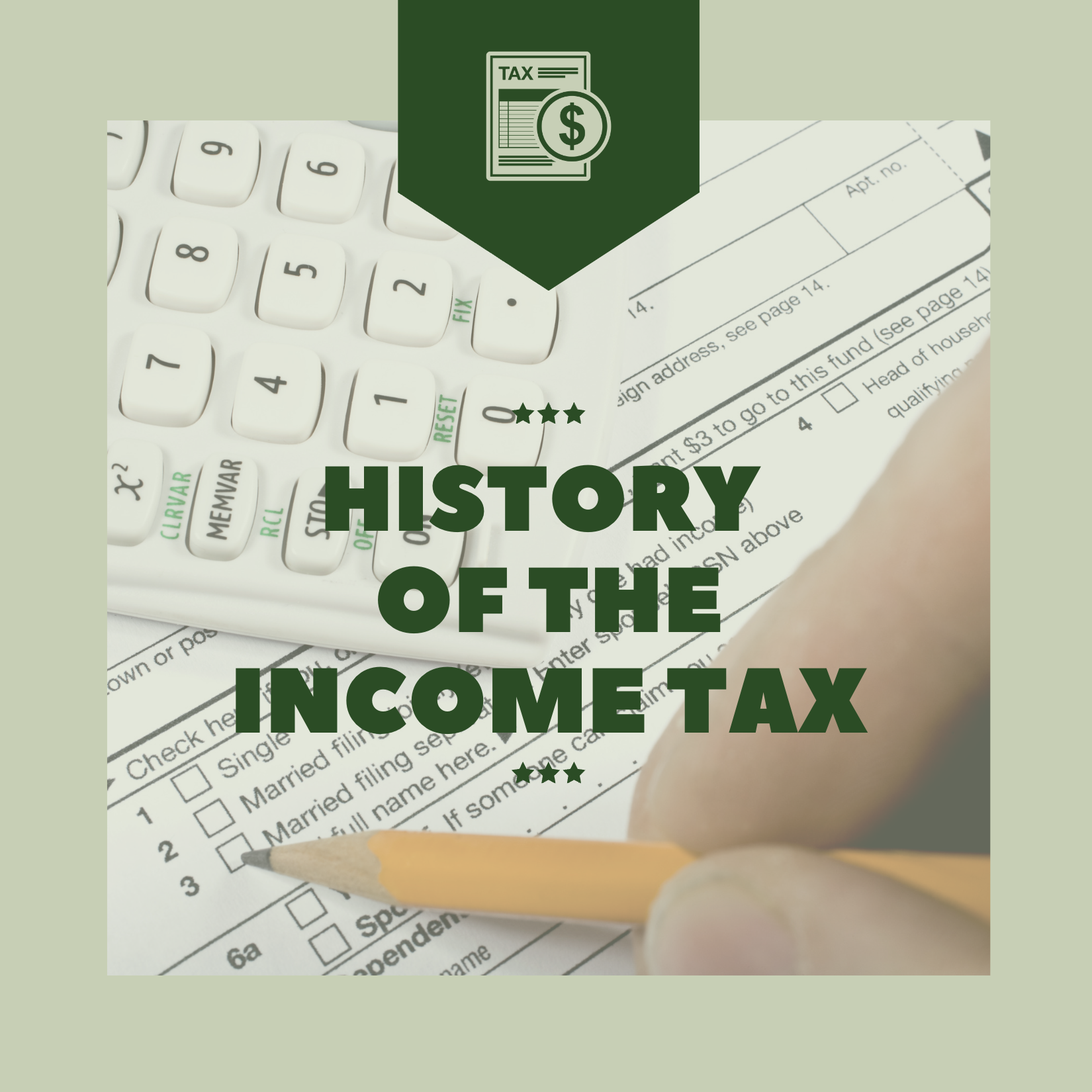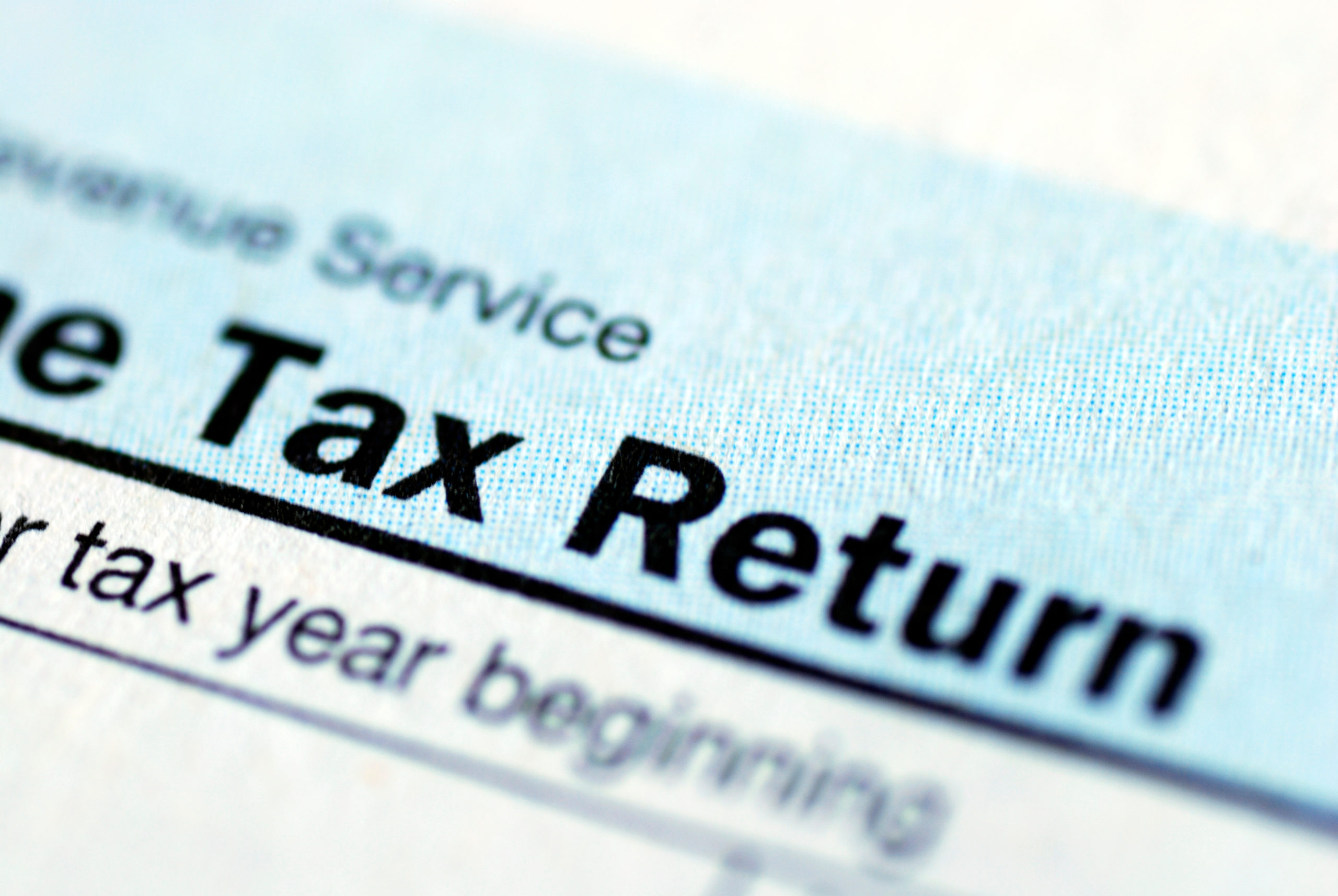
I trust you enjoyed the holidays and were able spend time with loved ones. I am happy to share that my wife and I became grandparents for the first time on January 10th. Our son and daughter-in-law welcomed a beautiful, healthy baby girl they named Ahmi. We are looking forward to our trip to Charleston to hold our first grandbaby.
In this article, I suggest several ways to make this tax season less stressful. By implementing the recommendations below, I hope to reduce your anxiety associated with tax season and make your preparation more efficient:
1) Have a convenient repository for tax reporting forms that arrive by mail. My wife and I keep a folder (basket) for tax forms near the door we use most often. During the next few weeks, you will receive a variety of tax reporting forms via snail mail. So, just put those forms in that folder.
2) Because you may also receive tax reporting forms via email, set up a special folder for tax papers that arrive in pdf format. Just like you need to sort out the mail you find in your mailbox, you need to look for tax reporting forms that are emailed to you. Before you recycle your physical or virtual spam (junk mail), save your tax-related forms. Set up that new tax form folder for 2019 today!
3) If you own a small business or rental properties, do your yourself a favor and account for your income and expenses and balance your checking account every month. This can be done using iconic accounting software, an Excel spreadsheet, or 1`paper and pencil. I am not a fan of the most common accounting software because many people think the software will do the heavy lifting. In my experience, it is better to use what you know. If you know Excel but not accounting, start with Excel. (Note, I will gladly send you an Excel template that I have developed through the years. Just email me at [email protected] and request a copy of the Excel Bookkeeping Template.) If you don’t have time every month to do basic accounting, you won’t have time at yearend to do accounting for an entire year. So, you might consider hiring a bookkeeper. Also, if your memory is not what it used to be, you won’t remember the purpose of transactions that happened a year ago. However, if that transaction happened last month, you will not have forgotten the purpose of that expenditure.
4) Don’t track items that are moot. If you had been itemizing but now take the Standard Deduction, you can save hours each year by not doing unpaid bookkeeping work relating to deductions that don’t matter anymore.
5) Consider changes to your tax situation. If this year (2019) is different than last year, your tax situation probably changed. To what am I referring? The following could have a significant impact on your current tax situation: 1) graduating from college (you or your child), 2) attending college, 3) adopting a child, 4) moving from one state to another, 5) accepting a job and working in a foreign country, 6) starting a business, 7) closing down an unsuccessful business, 8) investing in exotic investments, like publicly traded limited partnerships, for example, 9) change in marital status, 10) tapping into your retirement funds (before reaching age 59.5), 11) receiving a signing bonus from a new employer, 12) receiving a legal settlement, 13) filing bankruptcy, 14) winning the lottery, etc.
6) Always file a tax return. It is good advice to always file a tax return even if you are not required because it starts the timing the IRS has to audit that tax return. If a return has never been filed, the IRS has forever to audit that year. If the IRS audited you 12 years from now, could you prove why you didn’t file a tax return, or provide evidence that their numbers (which they estimate) are incorrect?
7) Always obtain proof when you respond to inquiries by the IRS. The IRS is notorious for conveniently losing correspondence sent by regular mail. I have even experienced the loss of responses I sent for which I have documentation was received by the proper IRS office. My recommendation is to send any correspondence to the IRS via Priority Mail (which has a tracking number) or Certified Return Receipt Requested (CRRR). An alternative I don’t recommend would involve writing them a check. If they cashed your check, they must have received your response.
8) Looking forward to 2020, students working part time should claim EXEMPT on their federal and state Forms W-4 so that no federal or state taxes are withheld. If they earn less than the annual Standard Deduction “12,400 for 2020” they are not required to file an income tax return unless they are self-employed. (Please be aware that some “employers” “hire” young people without telling them that they are considered independent contractors responsible for their own taxes. An employer will always give a Form W-4 to complete.) In summary, I recommend that students who work part-time file Form W-4 as EXEMPT so that no withholding taxes are deducted. The payment of social security and Medicare taxes (totaling 7.65%) cannot be avoided. That said, a student who has special talents (actor, musician, etc.) and will earn let’s say $30,000 for the year, needs to have taxes withheld. Similarly, a student who starts a business is considered self-employed (SE) and will owe SE tax on the businesses net income even if no income taxes are due.
Aric Schreiner, CPA, PFS, is managing member of Columbia CPA Group, LLC.




